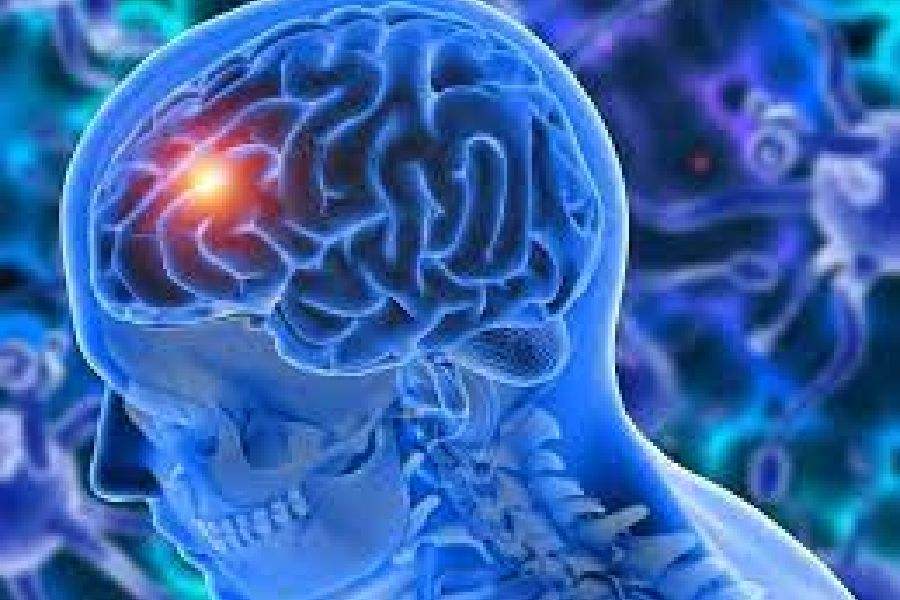When a tumour was removed from her brain, Mithu Dam, 64, an entrepreneur, would call up her doctor almost every day with endless questions about whether she would lose her memory or be able to return to work.
Dam goes to office now.
After a brain tumour was detected, Suman Bagchi, 68, had one thought: he should not get bedridden.
Several such brain tumour survivors on Wednesday shared their stories of anxiety, uncertainty and will to confront the reality during the long phase of illness.
Doctors who conducted the session said there has been a change in brain tumour treatment in India, where the words “brain tumour” immediately trigger fear in patients.
The new approach takes into account the social and psychological factors, along with the medical aspects.
Several survivors who took part in the brain tumour support group programme organised by Medica Superspecialty Hospital told the audience how transparency on the part of the doctors and their emotional support proved crucial during treatment.
“I had so many questions in my mind. I would ask the doctor whether I would develop Alzheimer’s disease or Parkinson’s because of the tumour in the brain. The doctor would assure me that there was no evidence to think so,” Dam said.
After she had planned to resume travelling, Dam went back to the doctor and asked about the problems she was likely to face.
“The doctor told me I should not face any serious issues. But I should be careful while travelling to places at higher altitudes. That gave me the confidence,” she said.
Software professional Namrata Singh, 35, underwent brain tumour surgery in November 2021.
“Before that, for two months I had been suffering from headache and a decline in vision. I would also frequently trip, vomit and feel disoriented. A physician treated me for migraine but things were becoming worse. I was entering meetings that I was not supposed to attend,” she said.
A second physician prescribed a CT scan and then the tumour was detected.
“We want transparency from doctors,” said Singh. She had concerns whether it would possible to raise her daughter who was then two-and-a-half years old. “I am raising her now and have resumed work.”
Suman Bagchi would drive a car and ride a motorcycle. After the tumour was detected, he stayed strong mentally.
“I wanted to stand straight after surgery. I have always had a positive frame of mind while fighting the disease. Also, I had faith in the doctors and did not look up the
internet for advice,” said Bagchi, who works in the tea industry.
“When patients and their family members share their experiences and stories of how they returned to normal lives, the message sends hope to other patients. They understand that brain tumour does not mean the end of life,” said L.N. Tripathy, senior vice-chairman and director, Medica Institute of Neurological Diseases.
“It is important to have interactions between doctors and patients for better
understanding of the disease,” said Tripathy, a neuro-surgeon.
Harsh Jain, senior consultant, brain and spine surgery, at Medica, said: “Many patients ask whether they would lose hair during and after the surgery. We try to keep the hair. The earlier practice was to shave the head.”
